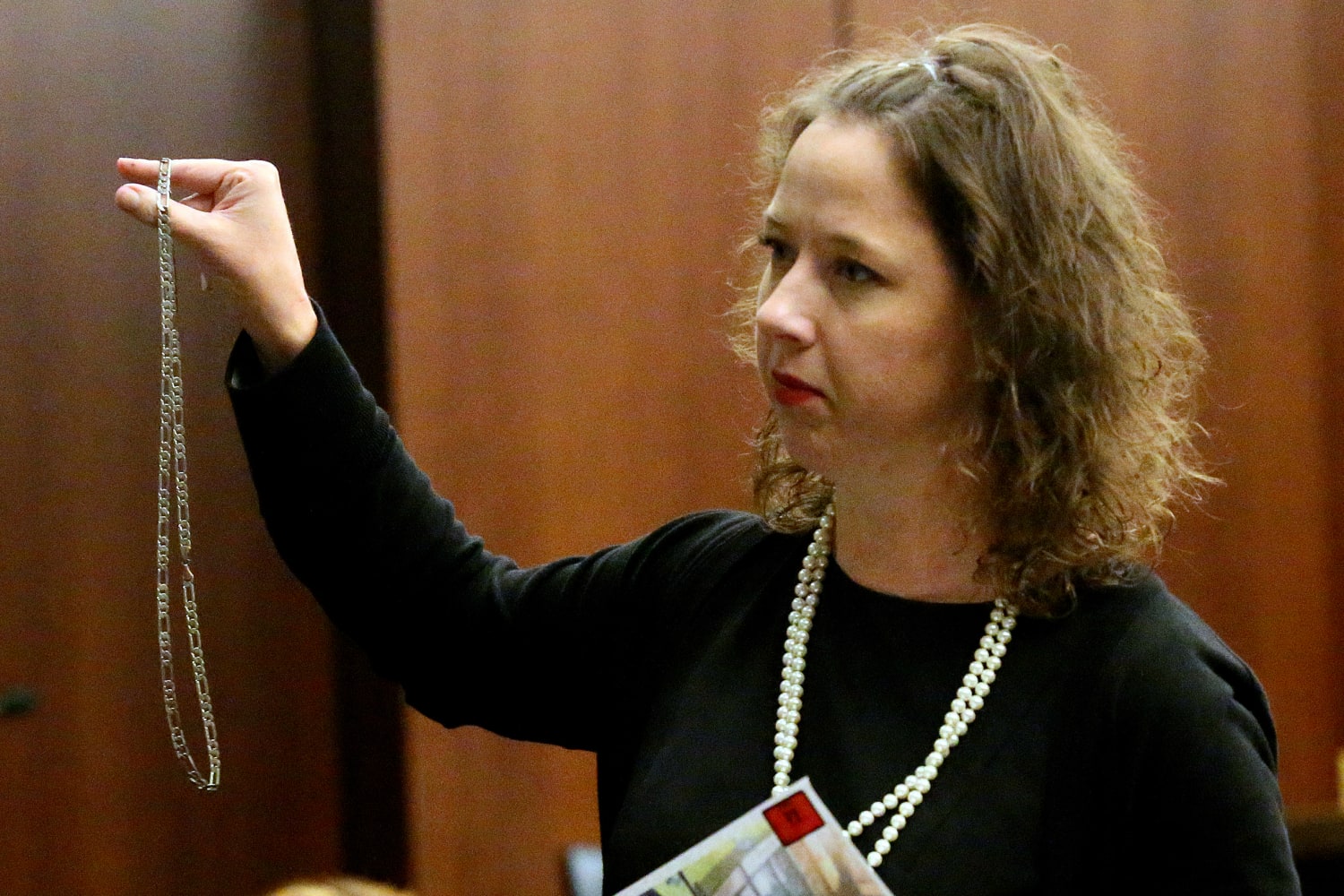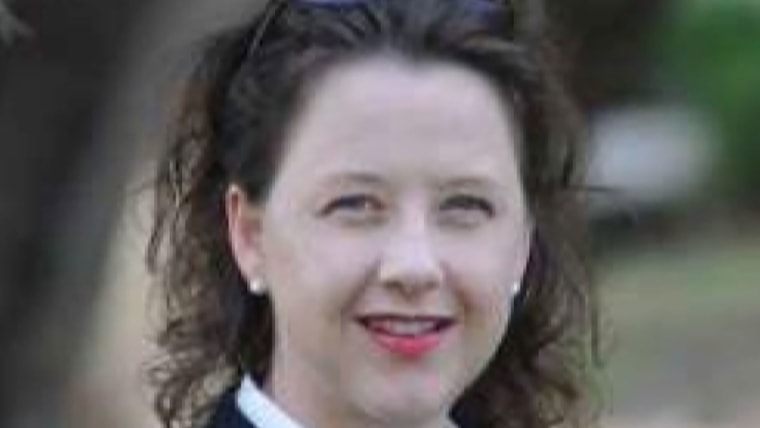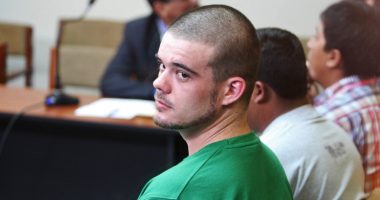The successful prosecution of Ahmaud Arbery’s murderers this month almost didn’t happen. And that leaves us focused on something unusual in the world of accountability for prosecutors: the indictment in September of Jacqueline Johnson, the former district attorney in Georgia’s Brunswick Judicial Circuit. A grand jury indicted Johnson on multiple charges related to allegations about her actions as the first prosecutor presented with the crime committed by Travis McMichael, his father, Greg McMichael, and a neighbor, William “Roddie” Bryan.
It is even unusual for bar disciplinary authorities to pursue prosecutors for professional misconduct.
Johnson is not charged with bribery or similar kinds of corruption, but rather with trying to maneuver behind the scenes in a case she quickly recused herself from.
It is still all too rare for grand juries to indict prosecutors for misusing their authority. Indeed, it is unusual even for bar disciplinary authorities to pursue prosecutors for professional misconduct. But those authorities would be wise to take their responsibilities more seriously. Sanctions affecting an unethical prosecutor’s license to practice law often best fit the violation and can be a highly effective punishment, putting aside how difficult it is to secure convictions in cases like Johnson’s.
Georgia Attorney General Christopher Carr initiated the charges against Johnson, who is alleged to have tried to use her influence to protect Arbery’s killers from arrest and prosecution. Understandably, Arbery’s mother, Wanda Cooper-Jones, said the indictment was “a very huge win” for accountability.
But Johnson’s case raises challenging questions about how we hold prosecutors accountable for professional misconduct.
The bare-bones, two-count indictment does not reveal much about the case’s strength. Johnson is accused of “willfully and intentionally” violating her oath of office by “acting with favor” to Greg McMichael and with disfavor to Arbery and his family. She is also charged with obstructing justice by directing police officers not to arrest Travis McMichael.
Johnson, who denies wrongdoing, recused herself immediately after Arbery’s death because Greg McMichael had worked as an investigator in her office. The indictment alleges that she nonetheless sought to derail the investigation by recommending the appointment of a neighboring prosecutor, George Barnhill, whose son worked for Johnson, without disclosing her conversations about the case with Barnhill.
To replace her, the attorney general initially appointed Barnhill, who, under pressure, later also removed himself. In doing so, though, he wrote a letter to police that included a sentence about Arbery’s “apparent aggressive nature and his possible thought pattern to attack an armed man.”
As we now know, there was ample evidence to reject the self-defense argument advanced by Arbery’s killers. And yet, before video of the incident had been made public, the investigation might very well have ended with white men literally getting away, again, with the murder of a Black man. As has happened throughout our nation’s history, this kind of injustice often requires the complicity of prosecutors, whether because of overt racism or because of implicit or unconscious bias.
Prosecutors’ frequent failures to charge police officers with killing Black civilians echo this problem.
Our justice system is grappling with how to hold prosecutors accountable for the consequences of their biases — conscious or unconscious. Even when they knowingly abuse their authority and derail legitimate investigations, they can escape professional liability.
Courts oversee the professional discipline of lawyers, and they have, on occasion, sanctioned prosecutors for conflicts of interest, dishonesty or prejudicing the administration of justice. But such discipline has historically been infrequent. Limited resources available to courts’ disciplinary arms may partly explain why. The excuse of “prosecutorial discretion” can also be used to cover improper motives.
It will take strong evidence to persuade a jury unanimously and beyond a reasonable doubt that Johnson acted corruptly.
Here, it is the state’s attorney general who has acted. But we can anticipate a tough road ahead for the indictment against Johnson alleging “favoritism” and obstructing justice by directing a non-arrest. She is likely to contend that her motives were proper — for example, that she honestly thought it would have been rash to make an arrest before the investigation had uncovered all the relevant facts.
It will take strong evidence to persuade a jury unanimously and beyond a reasonable doubt that she acted corruptly, not mistakenly or ineptly.
In the end, however worthy this prosecution may prove to be, bar discipline is often a surer path to hold prosecutors accountable when they fail to act properly and without bias. The standard of proof to sustain a violation of ethical rules is easier to satisfy than with criminal charges — there is no need to prove guilt beyond a reasonable doubt. In addition, criminal statutes are not always well-suited to prosecutors’ misbehavior. And prosecutors should be accountable for malfeasance that falls short of being criminal.
In this case, any of us in the shoes of Cooper-Jones would share her hope that Johnson be held accountable insofar as she may have deliberately tried to derail a murder investigation. But prosecuting her will not necessarily achieve that objective. Regardless of the outcome of the criminal case, the Georgia Bar’s disciplinary authorities should be investigating whether Johnson breached the ethical rules that bind all licensed attorneys in the state.
That, too, would set a vital precedent.
Source: | This article originally belongs to Nbcnews.com










